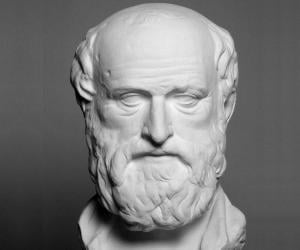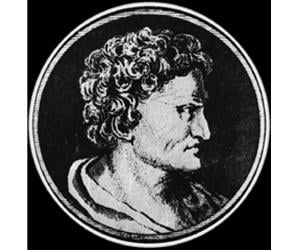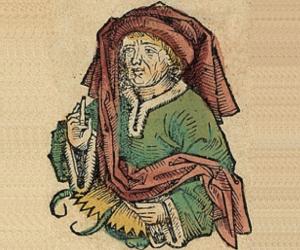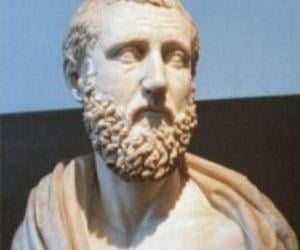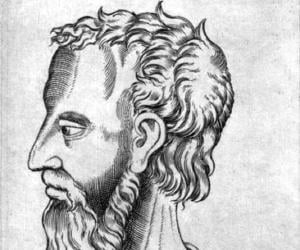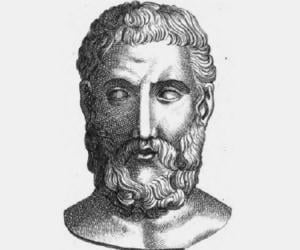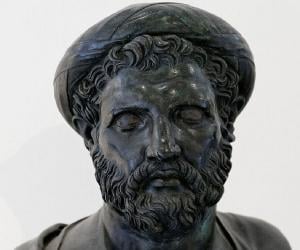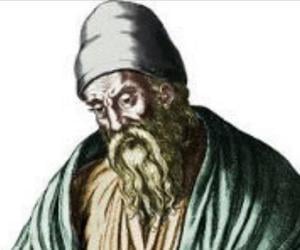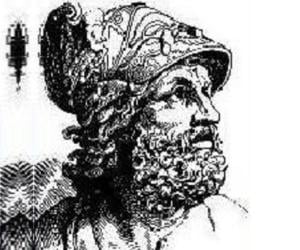1
Eratosthenes
(First Person to Calculate the Circumference of the Earth and Earth's Axial Tilt)
Birthdate: 0276 BC
Birthplace: Cyrene, Libya, Shahat, Libya
Died: 0194 BC
Eratosthenes of Cyrene was a versatile Greek polymath known for his contributions in mathematics, geography, astronomy, poetry, and music theory. As the chief librarian at the Library of Alexandria, he made significant advancements in various fields. He accurately calculated the Earth's circumference and axial tilt, created the first global projection of the world, and founded scientific chronology. In number theory, he introduced the sieve of Eratosthenes for identifying prime and composite numbers. Despite criticism, he was highly influential and revered for his broad knowledge and expertise across disciplines.
